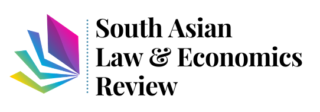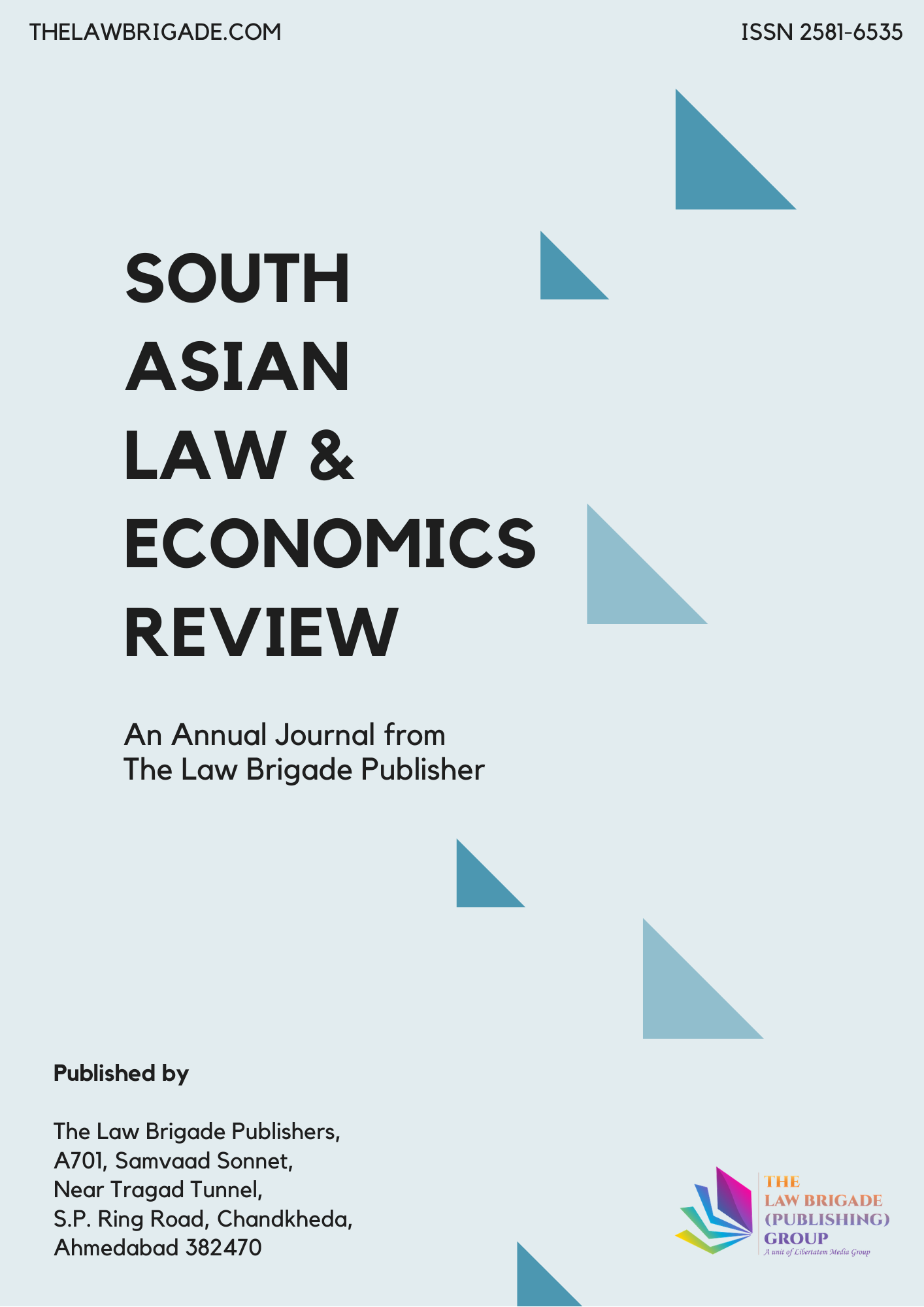In the complex world of international trade, decisions rendered by adjudicatory bodies, including the Appellate Body (“AB”) of the World Trade Organization (“WTO”), hold a significant position in ensuring a balance between the competing interests of Member-states. Among these decisions, the case of US – Shrimp has been celebrated as an achievement in recognizing environmental protection alongside free-trade objectives of the WTO. However, it comes with its shortcomings. This paper embarks on a critique of the judgement on two grounds. First, it questions the application of evolutionary interpretation and its implications using the oversight of the AB as a starting point to highlight the flaws inherent in its use of the tool. Second, it explores the controversial aspect of allowing extraterritorial unilateral measures, the intrinsic element of coercion, which is often glossed over, and how such measures disproportionately affect Southern countries. By dissecting these issues, the paper sheds light on the complexities of the concepts referred to in the judgement that require to be addressed, lest they shall have untoward ramifications in WTO jurisprudence, and invites scholarship to sufficiently address or potentially rectify the fallacies by considering the broader implications of the judgement on the balance between unencumbered international trade and environmental conservation.
Revisiting US – Shrimp: Unveiling the Ambiguity Surrounding Evolutionary Interpretation and the Complexity of Unilateralism
Publication Information
Journal Title: South Asian Law & Economics Review
Author(s): Siddharth Gokhale
Published On: 26/09/2025
Volume: 10
First Page: 15
Last Page: 29
ISSN: 2581-6535
Publisher: The Law Brigade Publisher
DOI: 10.55662/SALER.2025.1002
Cite this Article
Siddharth Gokhale, Revisiting US – Shrimp: Unveiling the Ambiguity Surrounding Evolutionary Interpretation and the Complexity of Unilateralism, Volume 10, South Asian Law & Economics Review, 15-29, Published on 26/09/2025, 10.55662/SALER.2025.1002 Available at https://saler.thelawbrigade.com/article/revisiting-us-shrimp-unveiling-the-ambiguity-surrounding-evolutionary-interpretation-and-the-complexity-of-unilateralism/
Abstract
Keywords: Appellate Body, World Trade Organization (WTO), Shrimp, International trade





